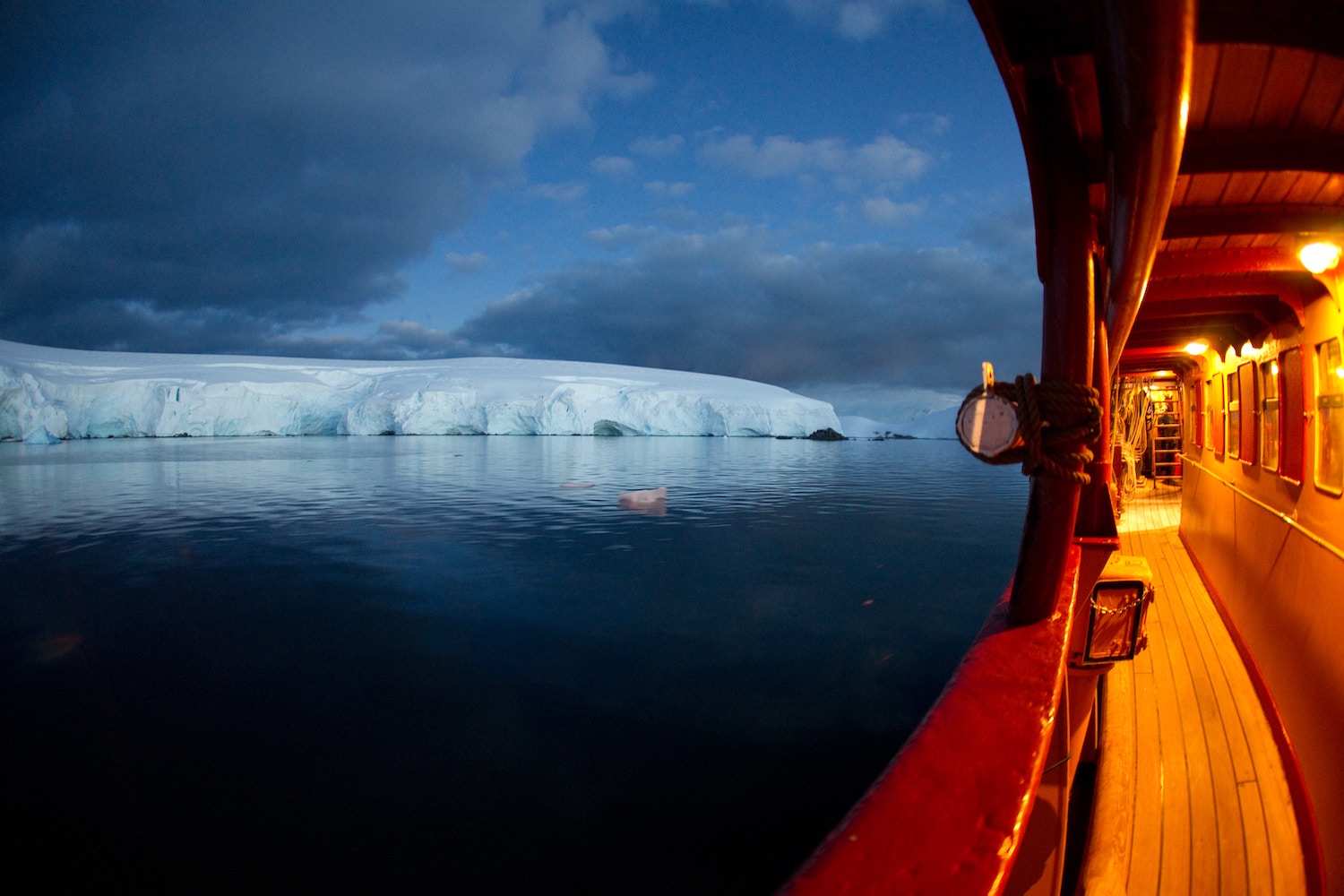-
Research brief: What caused the rapid decline in Antarctic sea ice in 2016?

Antarctic sea ice extent underwent a rapid decline in the spring of 2016 and is still well below average now. CLEX researchers have tied the decline to natural variability of both the atmosphere and ocean in two articles published in Nature Communications this month.
-
Research brief: Algorithm reveals how plants respond to warming climate

Researchers develop a novel algorithm that should enable improved prediction of the function of global ecosystems in a warming climate.
-
Research brief: How ENSO drives Australian heatwaves

By employing an atmosphere-only version of ACCESS, CLEX researchers generated multiple sea surface temperature patterns of the same El Nino and La Nina events, and assessed how this influenced heatwaves over various Australian regions.
-
Research brief: Building resilience today to reduce future heatwave impacts

A focus on building resilience in health and health infrastructure is needed to deal with the future effects of extreme events – both due to climate change and climate variability.
-
Research brief: Drought not an automatic result of climate change

New research in Nature Climate Change suggests droughts may not increase as a result of climate change. This finding resulted from researchers investigating an apparent climate model contradiction that saw climate change projections of the 21st Century produce increased droughts along with more run-off and a greening of the landscape
-
Research brief: Increased precipitation under climate change consistent across models

Under future global warming, models shows increases in the wettest day of the season or year exceeds the range of changes explained by natural variability in most land areas.
-
Research brief: Study extends meaningful forecasts of stratospheric warming events

A new study explores a new, probabilistic way of prediction of stratospheric warming events in the Northern Hemisphere based on dynamical arguments produces meaningful forecasting information around ten times longer than traditional model forecasting.
-
Research brief: The importance of humidity in heat stress

The key measures are the “Wet Bulb Globe Temperature” often used to screen for dangerous heat at sporting events and in workplaces, the “Wet Bulb Temperature” beloved of weather geeks, and “Apparent Temperature” quoted to the public by weather services. The bottom line is that the closer we are pushed to our physiological limits by extreme heat,…
-
Research brief: A building energy demand and urban land surface model

Urban Climate and Energy Model (UCLEM) is a new climate model focused on Australian conditions that integrates energy use and human behaviour to generate accurate representations of urban climates.
-
Research brief: Ice particle numbers plummet in Southern Ocean’s clouds

In 2016, Centre of Excellence for Climate Extremes researchers and colleagues measured Southern Ocean INPs for the first time in over four decades. The numbers of these particles were extremely low compared to other oceans and 100 times lower than the previous Southern Ocean measurement program conducted in the 1970s.
